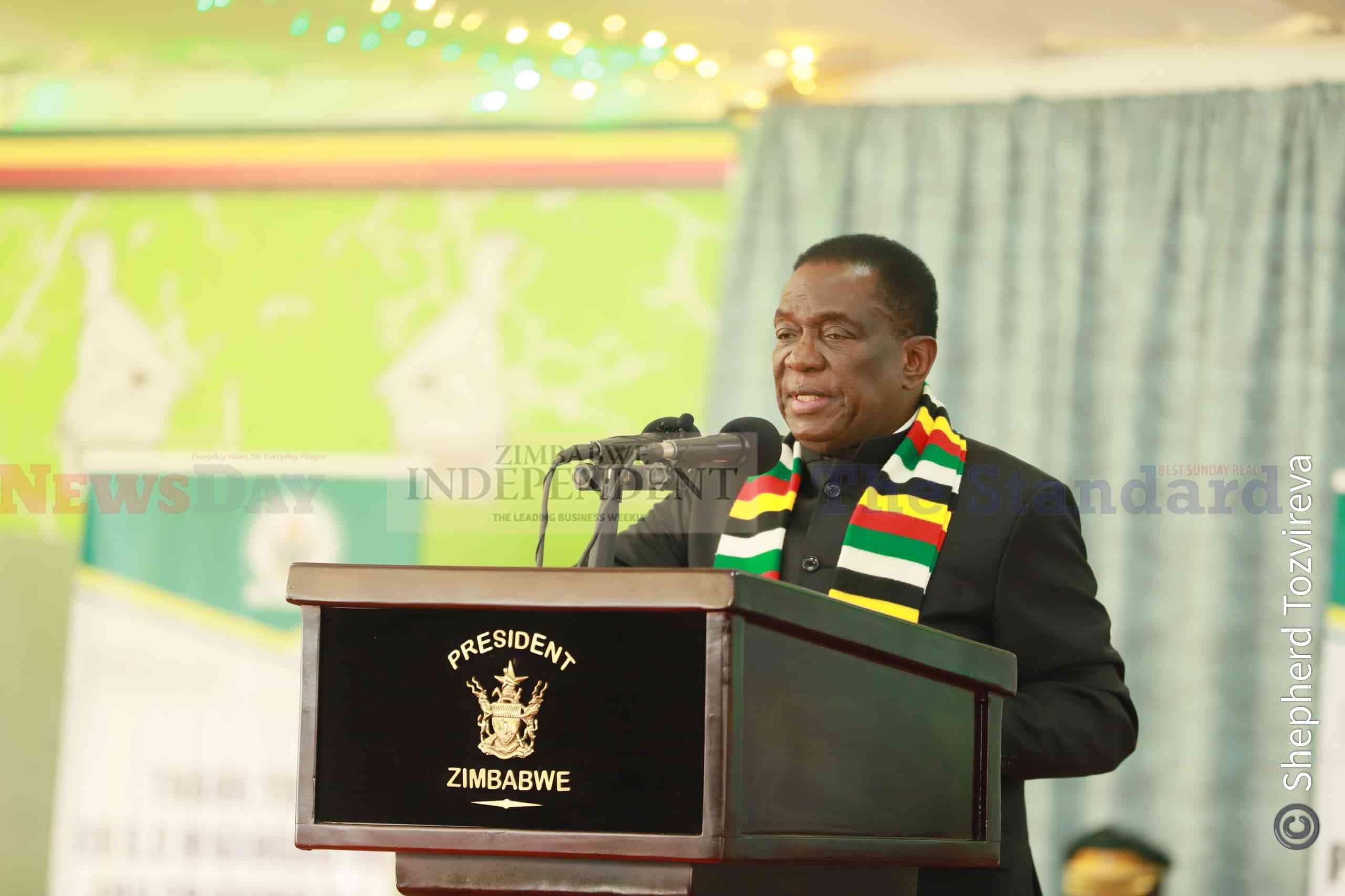BY TATIRA ZWINOIRA
NMBZ Holdings Limited (NMB) registered US$13,4 million debt because of blocked funds with the central bank which it owes to various line of credit providers, it has been revealed.
NMB’s financial year statement for the period ended December 31, 2021 the group’s banking subsidiary owed US$13,4 million to various institutions as at the end of last year.
These are included in the group’s deposits from banks and other financial institutions as loan balances of $1 310 287 160 (2020 $707 186 403), $677 596 574 (2020 $365 711 501) and $898 231 833 (2020 $484 792 463).
The amounts due are to Nederlandse Financierings-Maatschappij Voor Ontiwikkelingslanden (FMO), Swedfund and African Export-Import Bank (Afreximbank). However, all the loan balances except those with Afreximbank are part of the group’s blocked funds.
“The banking subsidiary owed US$13,4 million to various line of credit providers as at December 31, 2021 which have been registered as blocked funds with the Reserve Bank of Zimbabwe (RBZ) in line with regulatory directives. In 2021, the government of Zimbabwe assumed the obligation to settle these blocked funds in terms of section 52 of Finance Act no 7 of 2021,” NHL chairman Benedict Chikwanha said in the statement attached to the report released last week.
Keep Reading
- Chamisa under fire over US$120K donation
- Mavhunga puts DeMbare into Chibuku quarterfinals
- Pension funds bet on Cabora Bassa oilfields
- Councils defy govt fire tender directive
“The blocked funds are listed under annex 1 of the Finance Act no 7 of 2021. In terms of section 52 of the Finance Act no 7 of 2021, outstanding blocked funds may be liquidated through the issuance of government-backed zero coupon or non-interest-bearing foreign exchange savings bonds or such other debt instruments denominated in foreign currency.”
He said the timing of issuance of the government-backed instruments is yet to be advised, raising questions around the government’s ability to support payments of these blocked funds.
FMO is the Dutch entrepreneurial development bank while Swedfund is the Swedish government’s development financier.
The revelation that NHL borrowed from FMO and the Swedfund comes at a time when financial institutions are struggling to remain capitalised owing to the Zimdollar (ZWL) value being eroded constantly.
Treasury opened the year by assuming 855 fresh debts worth US$3 770 607 621,18 in blocked funds that the central bank failed to help repatriate on behalf of local firms.
Finance Act no 7 of 2021 gives effect to Treasury’s assumption of the debt.
“Included in deposits from banks and other financial institutions are loan balances of ZWL1 310 287 160 (2020 ZWL707 186 403), ZWL677 596 574 (2020 ZWL365 711 501) and ZWL898 231 833 (2020 ZWL484 792 463) due to Nederlandse Financierings-Maatschappij Voor Ontiwikkelingslanden (FMO), Swedfund and Afreximbank,” read part of note 13,1 of the report under review.
“The carrying amounts of deposits from other banks and other financial institutions approximate the related fair values. All the loan balances except for Afreximbank are part of the group’s blocked funds which were registered with the Reserve Bank of Zimbabwe (RBZ) for an orderly expunging of the debts.”
According to NHL, in 2019, the group transferred the Zimdolar equivalent of the legacy debts at a rate of US$/ZWL1:1 to the RBZ as per requirement of the Exchange Control directive RU 28 of 2019.
“The line of credit balances have been translated at December 31, 2021 at the closing rate of US$/$108,6668,” part of the note read.
“Consequently, the amount transferred to the RBZ for the settlement of these debts has been translated at the same closing rate as it represents the bank’s right to the settlement of the related lines of credit.”
Recently, the International Monetary Fund warned that risks to banks capitalisation plans include the unresolved “net open positions” related to blocked funds and raised concern over the RBZ’s ability to settle the blocked funds.
- Follow us on Twitter @NewsDayZimbabwe





